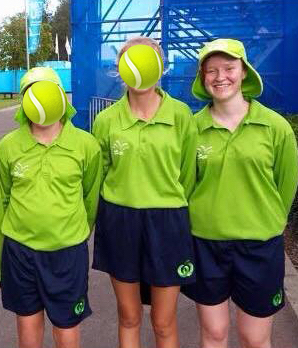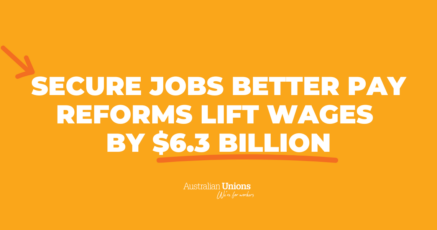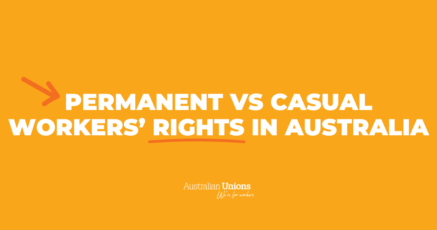By Emma Hartley
I can’t remember her name. But I do remember she fainted and had to be helped off the court.
I was 17 years old and thrilled to be a part of the 2015 Apia International Sydney tennis competition as a ballkid.
When you put on the uniform, you felt special. You had the honour to be on court and stand behind some of the best players in the world.
It was thrilling. It was competitive. It was prestigious.
But it was also hot. It was dangerous. And it was entirely unpaid.
Heatstroke for free
Australians have been shocked to find out that the ballkids enduring severe heat and heavy rain at the 2023 Australian Open are doing so without pay.
Classifying ballkids as volunteers dates back to 2008 for the Australian Open. It was a similar situation at the International Sydney: we were not financially compensated for weeks of our time and effort.

It was early January, and I was nervous throughout the competition. It was one thing for our supervisors to warn us about the heat, but it was another to experience it.
When you stood on court, you could feel the sun from above as well as the heatwaves radiating from the court against your cheeks.
For most matches, I was positioned at the net. If you were on TV that meant you had to crouch down. All you had between your bare skin and the blistering surface was a small mat. If you accidentally put your fingers onto the court, it took incredible self-control not to flinch while on national TV.
And guess what? This stance was purely for show. For off-camera courts, you stood up straight when at the net.
It wasn’t just the physical effort of running and standing in the sun that took a toll. You had to follow each point, keep track of where all balls were on the court, and respond to players’ every whim and demand.
So when one of the younger ballkids passed out on court, I was not surprised. I was lucky I didn’t.
No one deserves a (200km/hr) serve
Look, I’ll admit it. To be on court with some of the biggest names of tennis was pretty cool and gave me heaps to brag about at school. But a few of the famous players scared me.
Anyone who watches the Australian Open or other international grand slams knows that players can be incredibly abusive to volunteers. One of the reasons I chose to be at the net was so I could keep interaction with players to a minimum.
And if a serve hit us on the full at 200km/hr? It counted as out.
Just because there are some big personalities in the world of tennis, does not mean anyone should ever have to deal with abuse or harassment.
If you’re in a union, you already know this well. Unions exist to make sure no worker has to cop abuse or face injury (although speeding tennis balls tend to be one of the rarer safety hazards at work).
What being a ballkid did was condition me to accept poor treatment. When I later worked in retail, I was already trained to accept the ‘customer is always right’ mantra.
It was the same deal when it came to pay. At the Sydney International, they gave us a free pair of shoes and I was chuffed.
When I was an 18-year-old labour hire worker and the aged care bosses gave us free pizza, it also served to distract us from terrible wages. The tactic worked. As someone struggling to afford food at the time, I saw the pizza as a bonus.
I wish I had been a union member
One of the reasons I didn’t question the volunteer ballkid system was because I thought we legally couldn’t be paid.
I thought you had to be 14 years old and 9 months to do paid work and some ballkids were younger than that. But the age limit is an urban myth.
You can be paid under that age as long as you have your parents’ consent to work (and we needed our parents’ consent to become ballkids anyway).
I wish I had been a union member. If I had been a member, I would have known that I didn’t have to put up with working in extreme heat or taking abuse from players. I would have felt empowered to question the wage theft in my retail job and demand better protection for my mental health while working at an aged care facility.
Since becoming a union member, I’ve learned about my rights at work. There are so many things we are taught to take as just normal aspects of working life that I now know are simply not okay.
Whether it’s giving you the information to know when something’s wrong at work or recuperating stolen wages, it pays to be in a union.
It doesn’t matter if you’re a teenager in your first job, changing career or getting ready to retire – as workers, we’re all in this together. Your union membership ensures you have support if or when you need it.
P.S. If you’re a ballkid with questions or concerns, then the Media, Entertainment & Arts Alliance is the union to contact.
Cover photo credit: Mario Gogh on Unsplash







SHARE:
Australian ballkid secrets you should know (even if you don’t watch tennis)